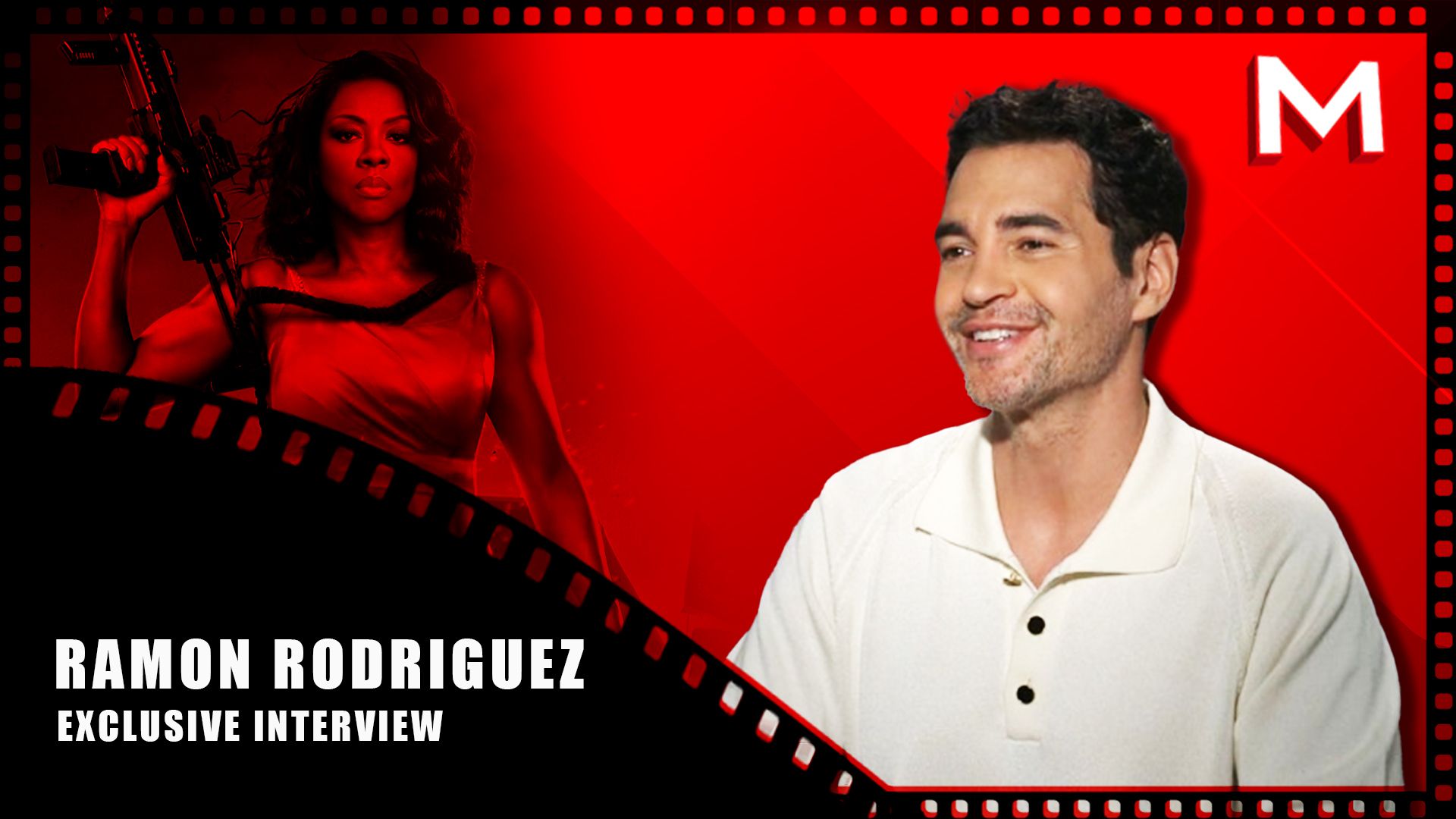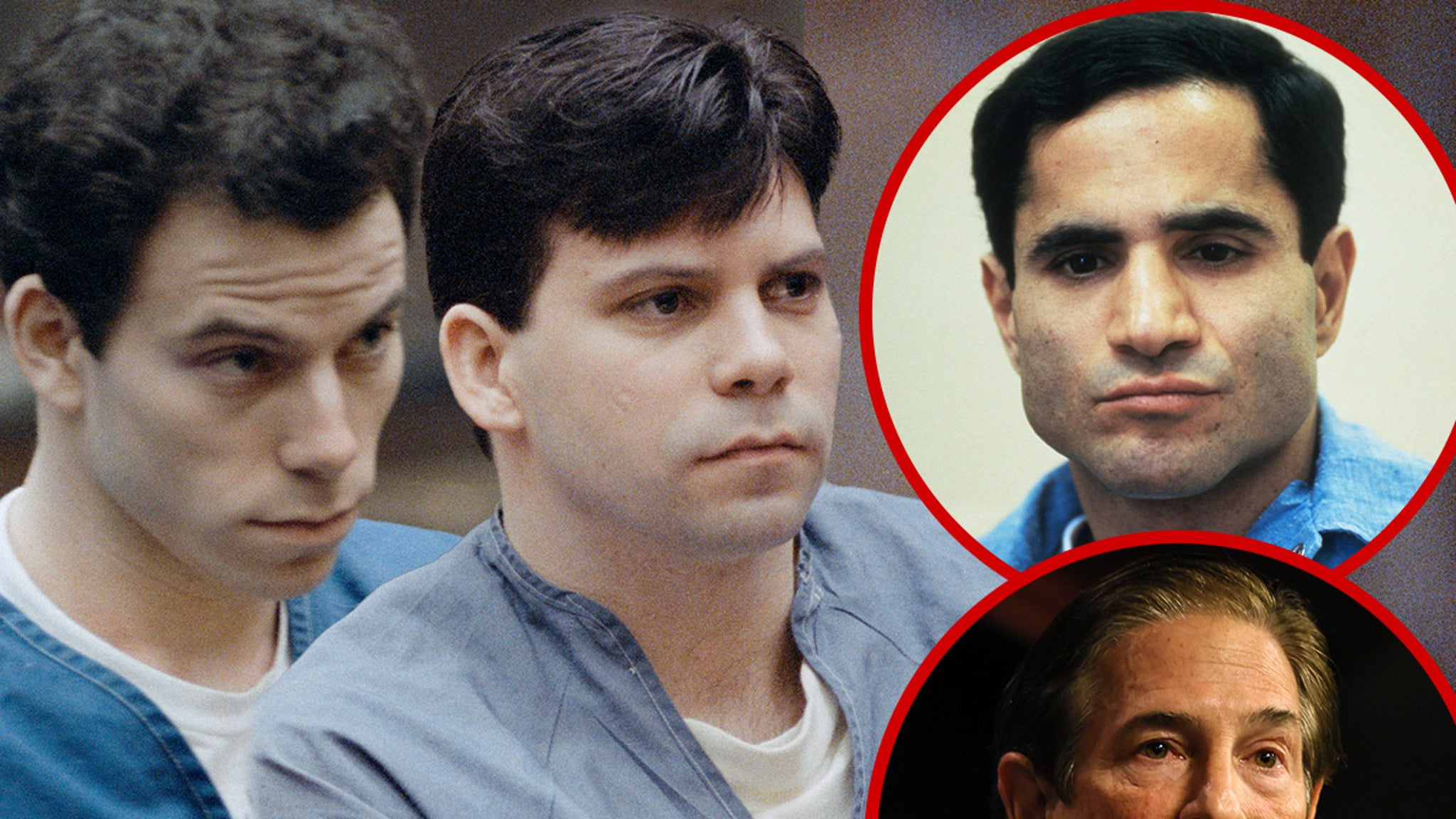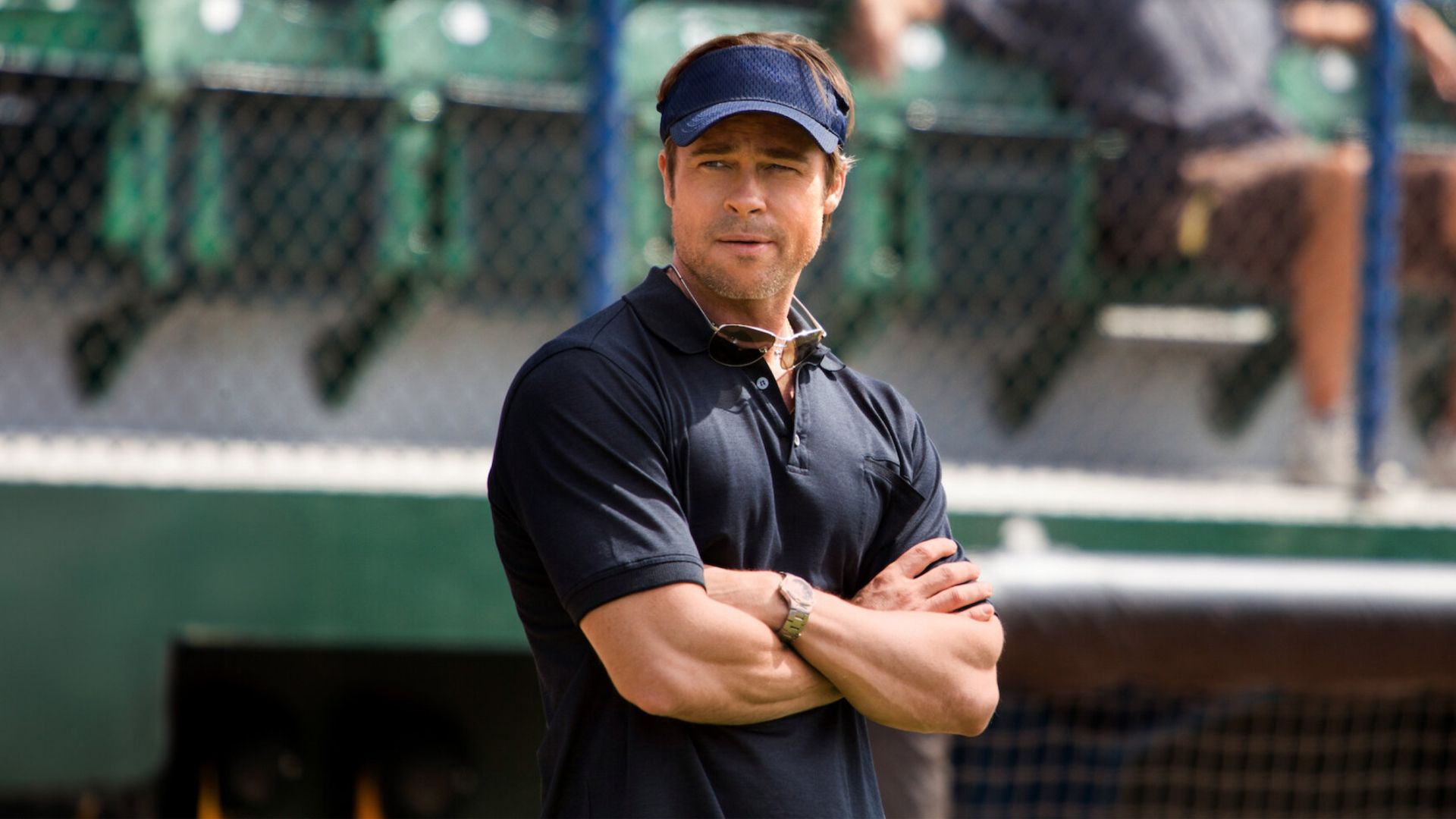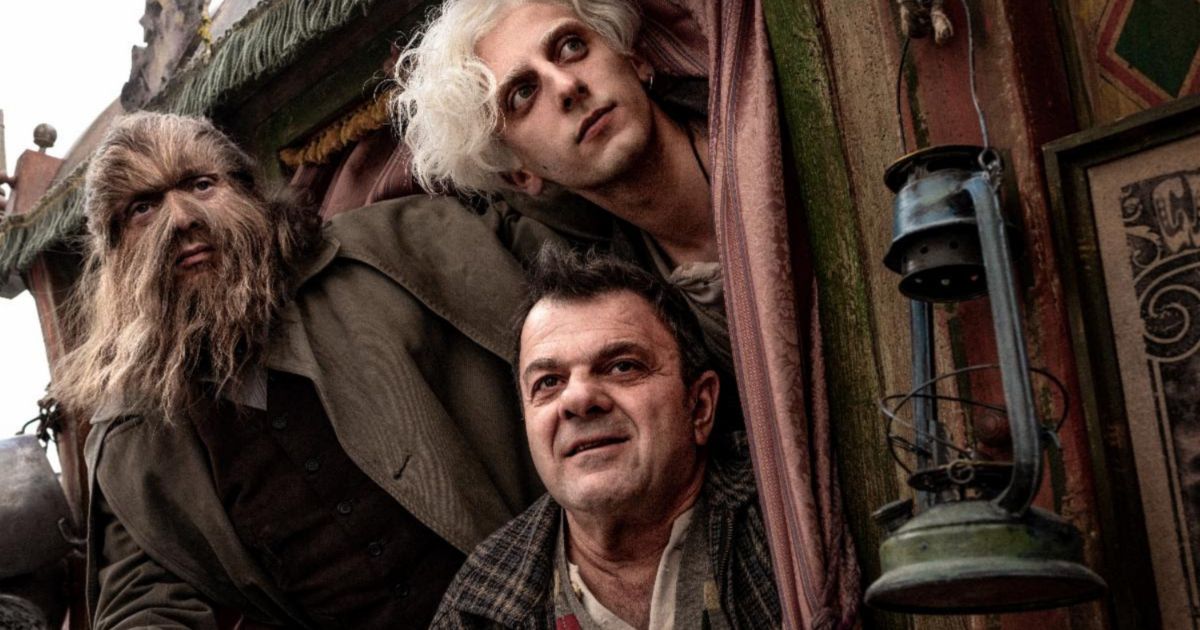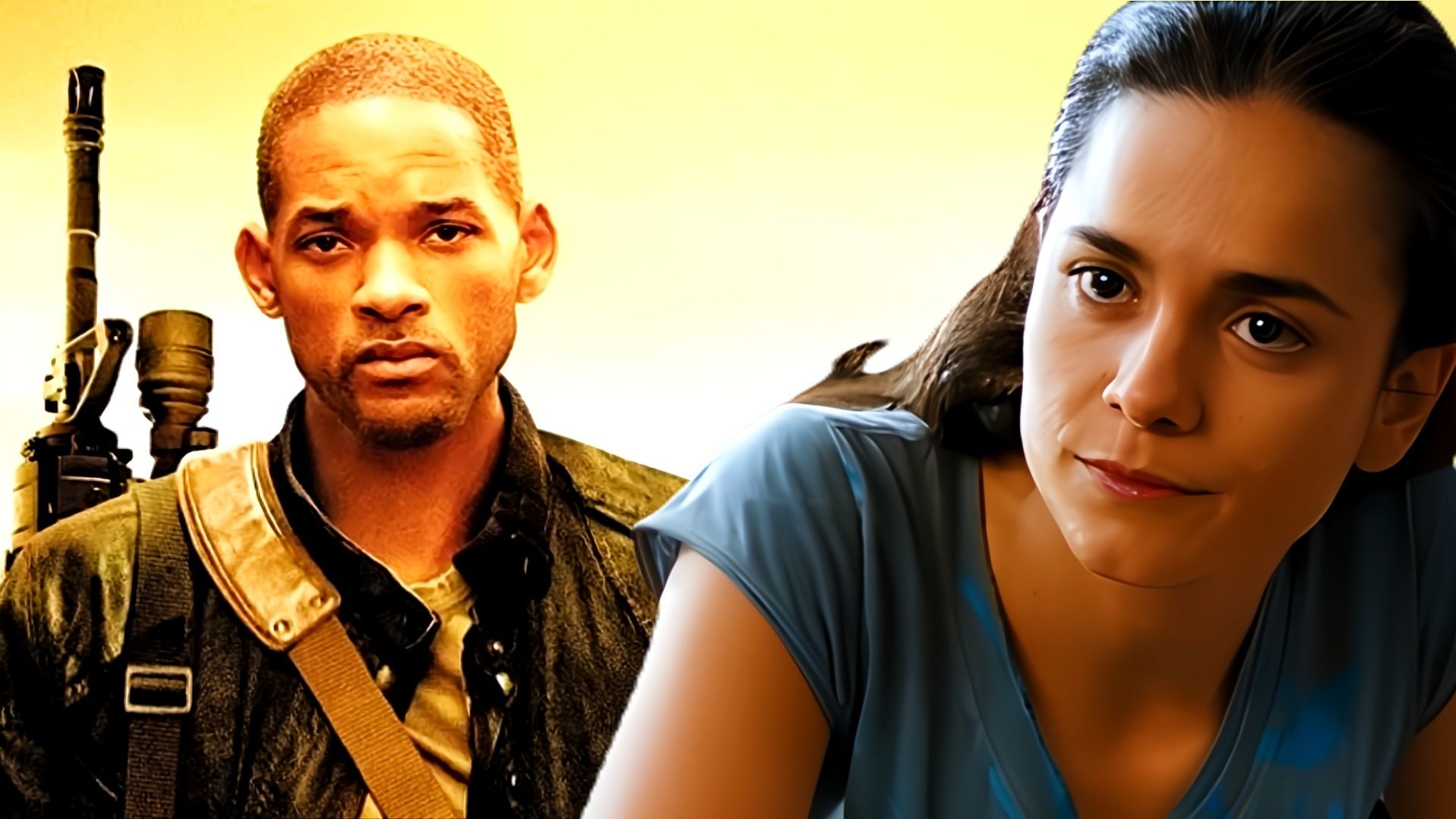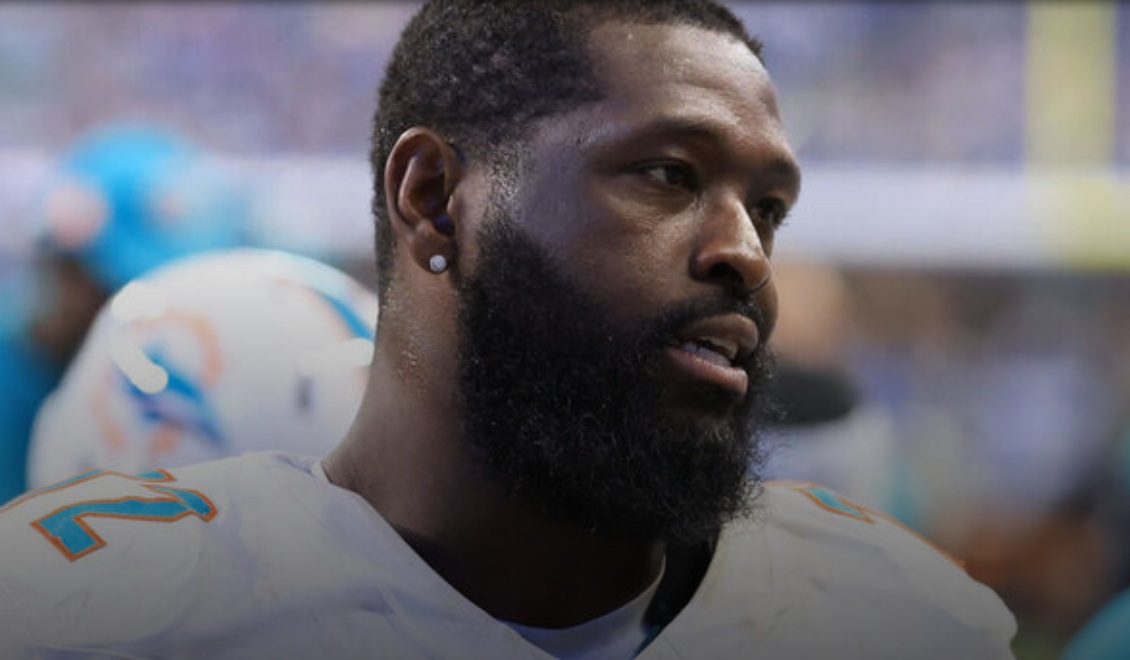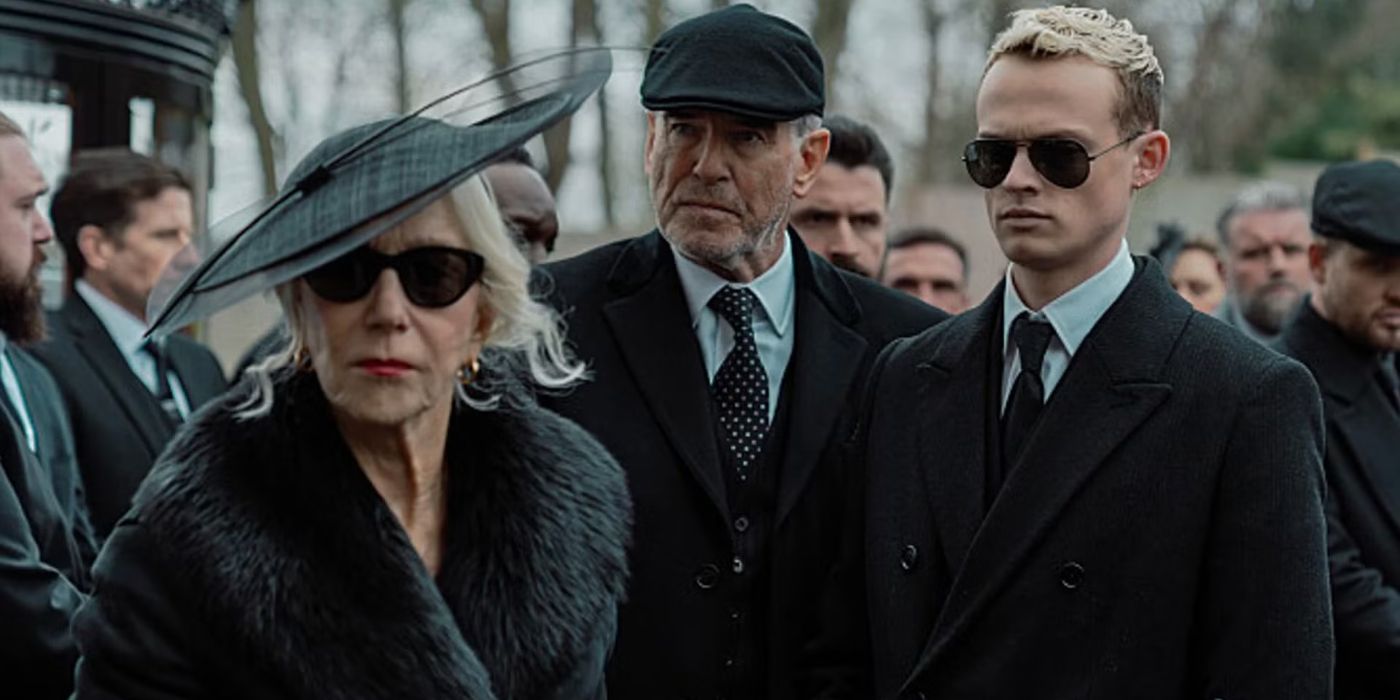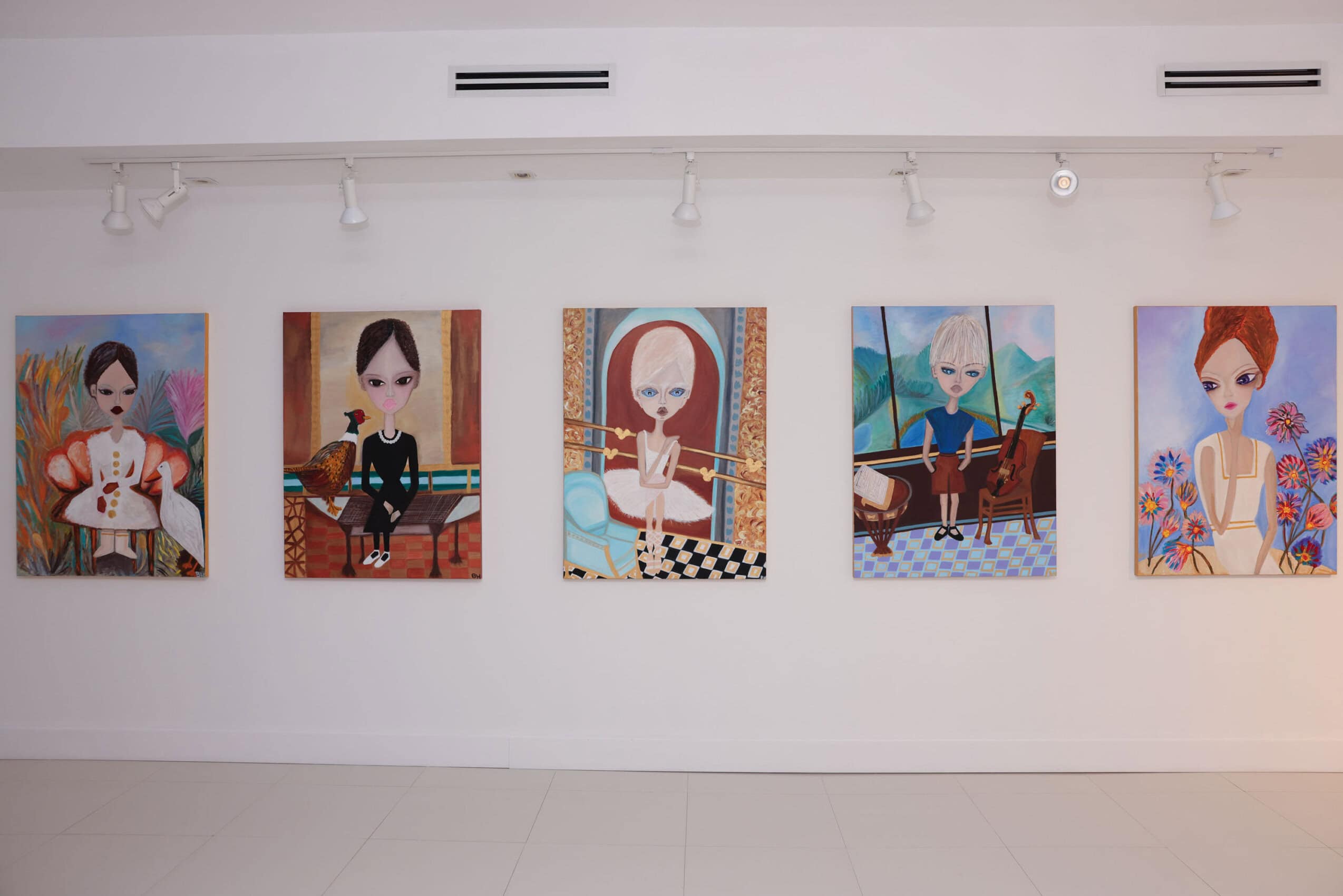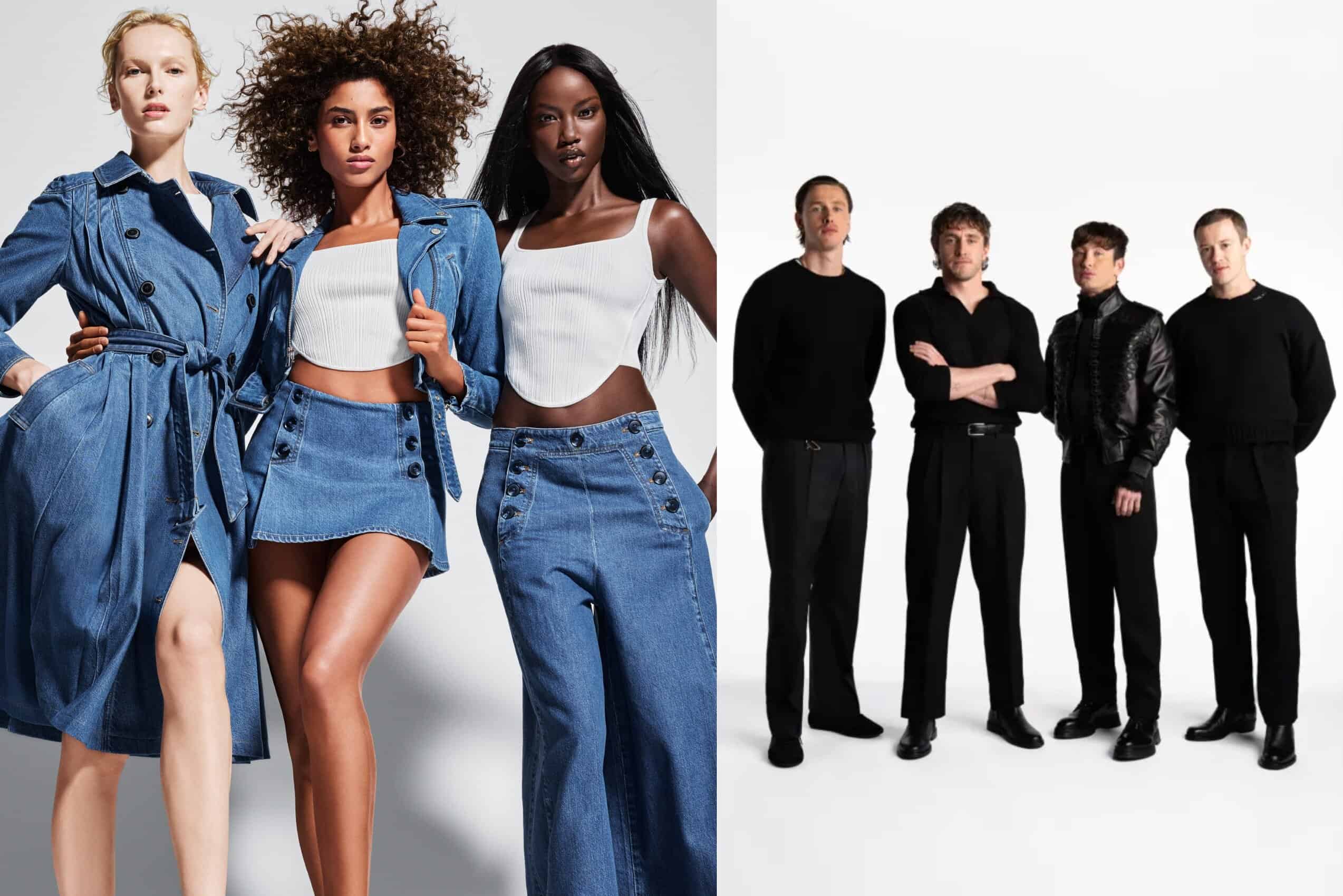In 1993, when Campion’s “The Piano” shared the Palme d’Or with Chen Kaige’s “Farewell my Concubine” (both outstanding films that have stood the test of time), Campion had already headed back to the Antipodes because she was very pregnant. Sam Neill collected the award with a gracious quip about how it figures that when a woman wins an award a bloke turns up to accept it.
The 2021 edition sported some darn good excuses for not picking up an award in person.
When her “Murina” won the Camera d’Or in a field of 31 first films across all sections of the Festival, Croatian filmmaker Antoneta Alamat Kusijanovic wasn’t on hand to accept because she had given birth to her first child the day before.
And Leos Carax sent the Mael Brothers of the musical duo Sparks to accept his Directing award for the extravagant musical “Annette” (which they had originated and scored) because Carax was suffering from a wretched toothache.
On the topic of music, I realized early on in the festival that I missed the clanking musicality of the hundreds of aforementioned metal press lockers popping open and shut.
Deciding to go paperless was like waving a not-so-magical wand that turned the traditional hubbub of journalists checking their lockers after the 8:30 a.m. press screening into an almost stately blank space. It might have been just as well in a time of social distancing, but it felt like a fun tradition had gone ‘poof’ with nothing to replace it.
The press lockers were where the world’s press schmoozed, ranted, took the pulse of the proceedings or luxuriated in the rosy afterglow of a freshly experienced masterpiece. I missed overhearing French colleagues. I missed butting into their conversations to say, “Wait a minute. Don’t tell me you LIKED that?!”
Despite a still-deadly pandemic, Cannes remains the world largest film festival and its market is still an essential component in the international film ecosystem.
If anything, 2021 expanded the number of films on offer—in part because there were more for programmers to choose from since the event had not been held since May of 2019. One stunning change is that the trade coverage in English has shrunk. Variety and The Hollywood Reporter sent fine critics, but you could count them on one hand if you were missing three or four fingers. The British/European trade paper Screen International (to which I’ve contributed since 2008) had the most critics and reporters on location in Cannes, which would have been near-impossible to imagine not that long ago.
You can view the original article HERE.




